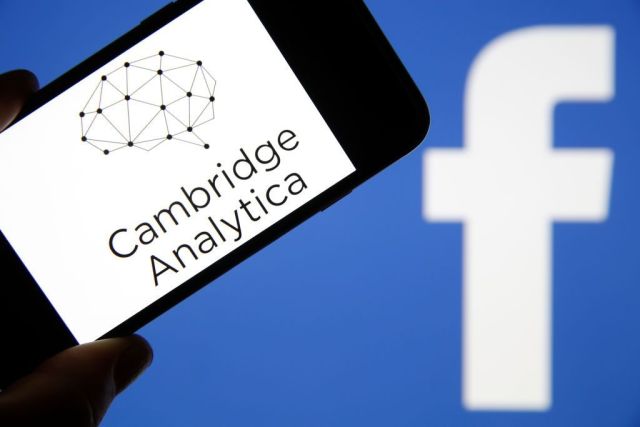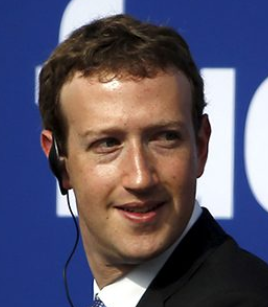A breach of our limited privacy
A breach of our limited privacy
Emily Kim – Feature Editor – April 12, 2018

The 21st century scandal that will send ripples throughout the social media industry.
As the saying goes, with great power comes great responsibility. Cambridge Analytica did not show this kind of responsibility with the private information of nearly 87 million Facebook users. Neither did Mark Zuckerberg, who must have known what Analytica was doing, yet failed to address it in any way before the scandal had grown.
+
Accounts with information stolen
Cambridge Analytica, a data firm, gained access to millions of Facebook profiles, including information on identities, friends and liked posts, in 2014. Facebook stumbled upon the issue nearly a year later but did not inform the public about the pressing problem.
Analytica was able to access the sensitive data through the usage of a third party app made by a Cambridge University professor. They used the information to advise the 2016 Trump campaign on how to influence the votes of Americans.
It is hard to claim that anything put on the Internet is private when the entire purpose of the world wide web is to share information; we lose some of the rights to remain entirely private the instant we step out onto a social media platform.
However, there are situations involving the use of personal information, such as the one presented by Facebook and Analytica, when the use of the information is clearly inappropriate. Taking information that is meant to showcase a user’s preferences and to give it freely to those running a political campaign is unfair.
Facebook’s “approval rating” according to Harvard IOP Survey
Approval
29%
The fact that Facebook has known about this large scale harvesting since 2015 and kept it under wraps until recently is a clear indication of their intent to ignore the issue. When these users made a Facebook profile, I highly doubt they were informed that companies may be taking their personal information and attempting to influence their actions.
A public social media platform and a private information company are two things that should not mix. The scandal has led millions of people to question whether information harvesting and ad specification is the unspoken norm for social media sites.
While Analytica took information that was open to the public eye, they should not have taken that information without consent from the users. And Facebook should not have allowed this to pass, especially having known about the privacy breach for nearly three years.
Although Analytica claims to have deleted all of the profile data, there are still copies that seem to be floating around. The New York Times was recently able to locate a few raw data files on the obtained profiles despite Analytica’s claim.
Facebook recently issued a statement about terminating the app from the site in 2015 when they realized that the information was being sold to the election data firm. Facebook has suspended all affiliations with Cambridge Analytica. Although this is a step in the right direction, it should not have taken this long for a public statement to be released on the data harvesting.
This situation is an example of what social media sites should avoid. Although the ability to obtain information and cater to what people want, such as when social media apps promote ads that it believes are relevant to our interests, there is a difference when it is used to try and sway something as important as a vote. When someone logs onto a social media platform and shares something with their friends, they should not have to worry about a business using that information to exploit their opinions.
“I think it’s pretty much impossible, I believe, to start a company in your dorm room and then grow it to be at the scale that we’re at now without making some mistakes.”

Mark Zuckerberg
Facebook CEO
Your donation will support the student journalists of Diamond Bar High School. Your contribution will allow us to purchase equipment and cover our annual website hosting costs.


